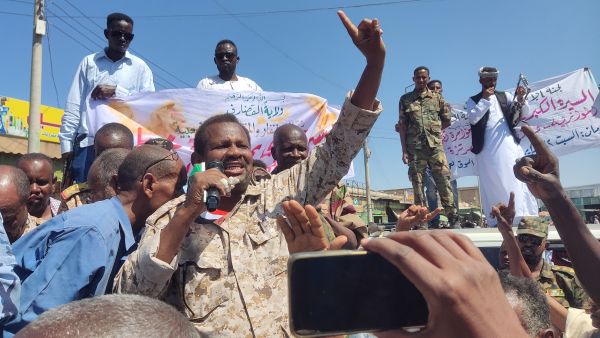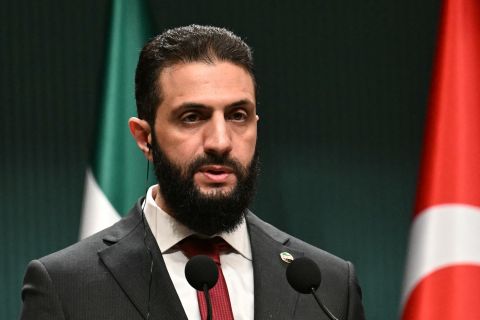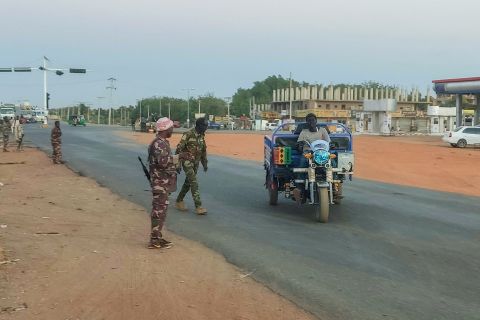ALBAWABA- The Sudanese army has achieved a major breakthrough, breaking a nearly two-year siege by the paramilitary Rapid Support Forces (RSF) on El-Obeid, the capital of North Kordofan state.
The strategic victory follows a series of advances by the military, including the recapture of key areas in Khartoum and its outskirts.
The army’s success comes just hours after the RSF signed a political charter in Nairobi, Kenya, declaring a breakaway government in territories under its control.
The ongoing power struggle between the army and RSF, which erupted in April 2023, has left tens of thousands dead and millions displaced.
El-Obeid, a crucial hub connecting Khartoum to Darfur, had been under RSF control since the early days of the conflict. Residents celebrated the army’s entry into the city, with military spokesperson Nabil Abdallah confirming that RSF units had been destroyed.
The move is seen as a significant step toward lifting the RSF siege on El-Fasher, the capital of North Darfur, and allowing much-needed humanitarian aid into famine-stricken areas.
Meanwhile, the Sudanese army has also captured the strategic town of Soba, east of Khartoum, dealing another blow to RSF forces. The army confirmed the seizure of the Soba Bridge over the Blue Nile, limiting RSF movements in the Eastern Nile area.
Social media footage showed soldiers crossing the bridge for the first time since the conflict began.
Further military advances were reported west of the Blue Nile, with army forces moving towards Al-Baqir, a key entry point to Khartoum from Al-Jazirah State. In White Nile State, the army secured Alkotainh, the only RSF stronghold in the south, further consolidating its control.
In Khartoum, the army now holds 90% of Bahri, most of Omdurman, and 60% of central Khartoum, surrounding key sites such as the presidential palace and international airport.
With RSF forces increasingly cornered, the army’s latest gains mark a turning point in Sudan’s ongoing conflict, reshaping the battlefield in favor of the military.











